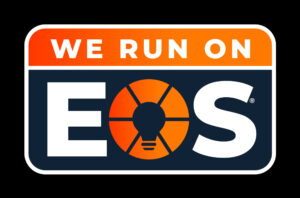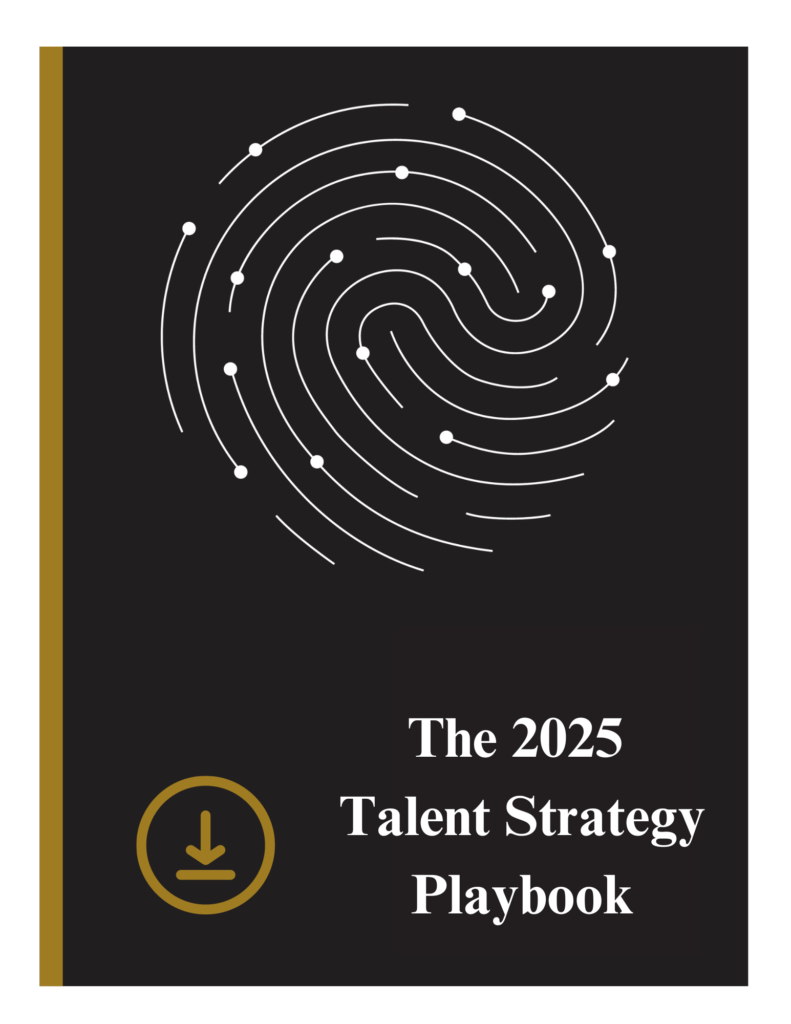by Ashley Ward
The quest for top-tier talent demands a nuanced approach that transcends conventional interview methods. While traditional techniques provide a foundation for assessing qualifications, they often fall short in capturing the intricacies of executive roles. Today, organizations seek innovative interview techniques that offer a deeper understanding of candidates’ capabilities, leadership styles, and cultural alignment. In this comprehensive exploration, we examine a diverse array of cutting-edge approaches designed to unearth the most qualified executive candidates. By embracing these innovative techniques, organizations can elevate their hiring processes to new heights and secure the visionary leaders needed to drive success in an ever-evolving business landscape.
The Power of Behavioral Interviewing
Hiring the right executive candidate requires more than just assessing their qualifications; it demands a deep understanding of their past experiences and behaviors. Behavioral interviewing techniques delve into candidates’ past experiences, asking them to recount specific instances that demonstrate their competencies in areas critical to the executive role. By analyzing real-life scenarios, recruiters can gain valuable insights into candidates’ problem-solving abilities, leadership style, and decision-making process.
Leveraging Case Study Analysis
Case study analysis presents candidates with real or hypothetical business scenarios, challenging them to analyze the situation and propose solutions. This technique is particularly useful for evaluating strategic thinking, problem-solving skills, and the ability to perform under pressure. By assessing candidates’ responses to complex challenges, recruiters can gauge their suitability for executive roles.
Role-Playing Exercises: A Window into Candidates’ Abilities
Role-playing exercises provide an effective way to evaluate executive candidates’ interpersonal skills, conflict resolution abilities, and leadership style. By placing candidates in simulated business scenarios, recruiters can assess their ability to navigate real-life situations and make decisions under pressure. Role-playing exercises offer valuable insights into candidates’ communication style, decision-making process, and ability to handle complex challenges.
Gathering Insights with 360-Degree Feedback
360-degree feedback offers a holistic view of executive candidates by gathering insights from colleagues, subordinates, and superiors. This comprehensive approach provides a well-rounded assessment of candidates’ leadership abilities, interpersonal skills, and overall performance. By soliciting feedback from multiple sources, recruiters can gain a deeper understanding of candidates’ strengths, weaknesses, and areas for improvement.
Assessing Decision-Making Skills with Situational Judgment Tests (SJTs)
Situational judgment tests (SJTs) present candidates with hypothetical, job-related scenarios and ask them to choose the best course of action from a set of options. This technique assesses candidates’ decision-making skills, judgment, and ability to prioritize tasks effectively. By evaluating candidates’ responses to various scenarios, recruiters can gauge their suitability for executive roles.
Leadership Simulations: Navigating Complex Challenges
Leadership simulations involve placing candidates in a simulated business environment, challenging them to navigate complex challenges and make strategic decisions. By simulating real-life scenarios, recruiters can assess candidates’ leadership and management capabilities, as well as their ability to balance competing priorities and make informed decisions.
Diverse Perspectives with Panel Interviews
Panel interviews with cross-functional teams provide valuable insights into executive candidates’ fit within the broader organizational context. By assembling a panel of interviewers representing various departments, recruiters can ensure a comprehensive evaluation of candidates’ skills and abilities. This approach offers diverse perspectives on candidates’ suitability for executive roles, helping recruiters make informed hiring decisions.
Understanding Candidates’ Traits with Psychometric Assessments
Psychometric assessments measure candidates’ cognitive abilities, personality traits, and emotional intelligence. These assessments provide valuable insights into candidates’ suitability for executive roles, where soft skills and emotional intelligence are critical. By supplementing traditional interviews with psychometric assessments, recruiters can gain a more comprehensive understanding of candidates’ capabilities and traits.
Innovative interview techniques are essential for effectively evaluating executive candidates. By going beyond traditional methods, recruiters can gain deeper insights into candidates’ competencies, leadership qualities, and cultural fit. These techniques offer a comprehensive evaluation of executive candidates, helping organizations build a high-performing executive team capable of navigating complex challenges and delivering exceptional results. Through the strategic integration of innovative interview techniques, organizations can secure the visionary leaders needed to propel them toward sustained success in today’s competitive business landscape.
If your organization is looking for innovative approaches to leadership recruiting, schedule a call with one of our talent experts to find out how W Talent Solutions can help.



















